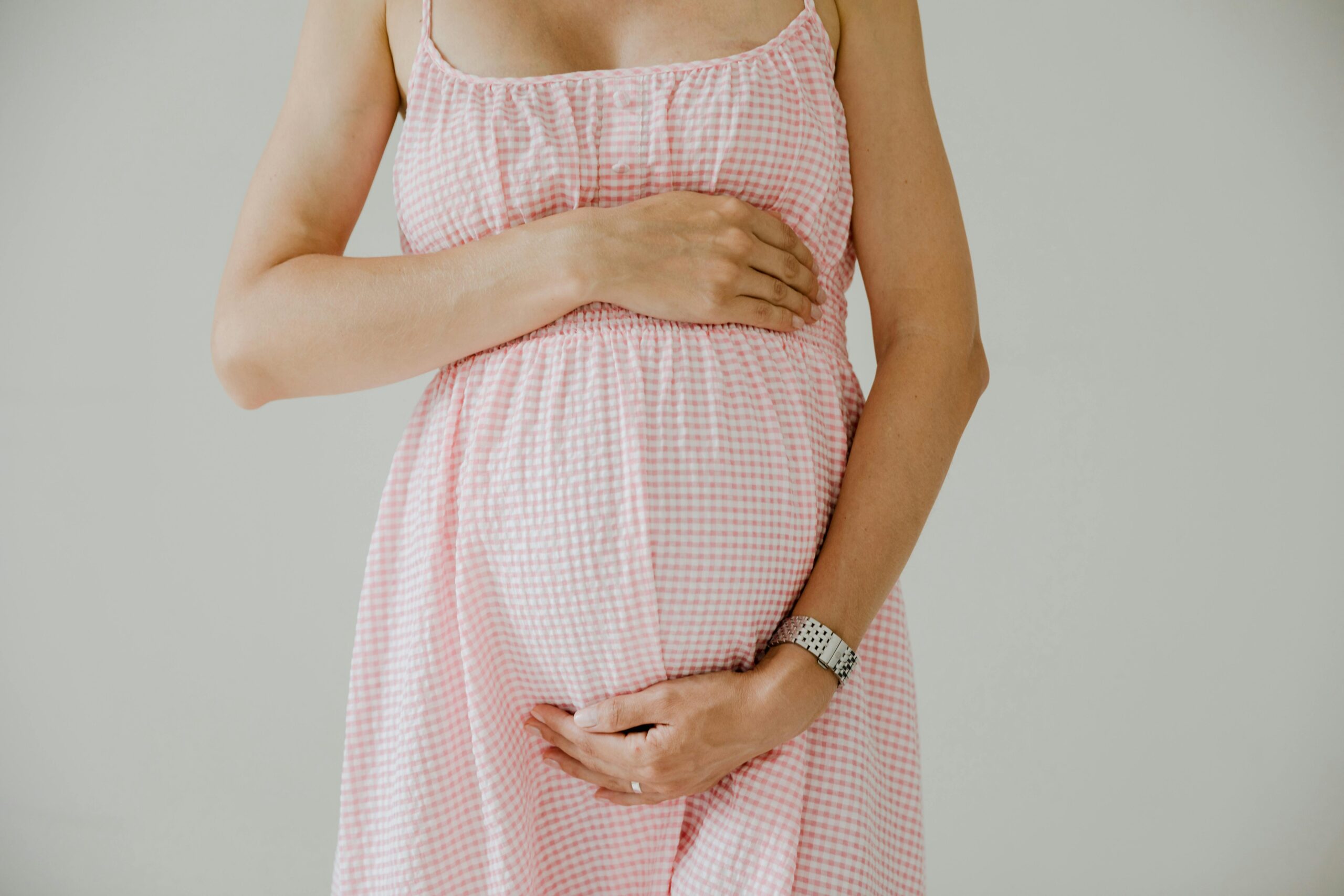
Does Mounjaro affect fertility?
In this article
What's the lowdown?
Would you be shocked if we said there is not much research yet on Mounjaro and fertility?
Mounjaro can affect fertility due to weight loss or improved metabolism
Is it NOT a magic fertility treatment
You should stay away from Mounjaro if you are pregnant of breastfeeding
Mounjaro can affect oral hormonal contraception so you may need to double up methods
What is Mounjaro?
Mounjaro is one of the new wave ‘weight-loss jabs’ that have been shaking up both diabetes treatment and weight loss therapies. Its medical name is tirzepatide and works by mimicking gut hormones, GIP and GLP-1, to regulate blood sugar and appetite. By helping you feel fuller for longer it can cause dramatic weight loss. After around 18 months of use, Mounjaro users experienced around 21% drop in their weight1.
It’s not just gained popularity in the weight loss world, people have been wondering if Mounjaro can improve fertility? And this question hasn’t come out of nowhere: the Ozempic babies phenomenon has left everyone asking if Mounjaro is secretly moonlighting as a magic ‘fertility pill’. Let’s find out!
Has there been any research on Mounjaro affecting fertility?
There has been a small amount of research into Mounjaro fertility. Researchers think Mounjaro is useful in the pre-conception time to help women lose weight and therefore improve fertility and reduce the risks of pregnancy2.
The MotherToBaby factsheet3 does not include any data found on the impact tirzepatide can have on fertility but it does mention ‘it is not known if tirzepatide can make it harder to get pregnant.’
The makers of Mounjaro, Eli Lillly, have a small section in their information factsheet about this. To save you the medical mumble jumble, it says that female rats experienced some decrease in fertility but they couldn’t decide if that was due to the amount of weight loss and reduction in calories or the drug itself4.
Can weight loss improve fertility?
Oh yes, this one we know, bring it on!
Weight loss isn’t an easy task, especially if you have metabolic conditions like PCOS. We see you, we get it! But here’s some good news, even losing a small amount of weight (5-10%) could have significant health benefits and boost your chances of seeing a positive pregnancy test5.
Weight loss helps regulate your hormones, restores regular ovulation and boosts your chances of pregnancy. Remember, you need to release an egg (ovulate) to get pregnant. Without an egg, there’s no fertilisation and no baby!
For women with PCOS, weight loss can improve insulin sensitivity, lower testosterone levels and bring back your regular monthly periods6, therefore improving fertility.
So does Mounjaro specifically affect fertility?
Here’s where it gets a little bit speculative. Ideally we’d have piles of evidence from clinical trials so we can give you an evidence-backed answer. But here’s what we know:
One study found that Mounjaro increased insulin sensitivity by 65.7%7 and another found positive metabolic effects after 26 weeks of use8. So by balancing blood sugar, improving insulin resistance plus improving weight loss, it can potentially enhance fertility in conditions like PCOS.
This is probably why we witnessed a surge in so-called ‘Ozempic babies’. People using Ozempic (a similar weight loss medication to Mounjaro) were accidentally getting pregnant after years of struggling to conceive all because their hormones finally started behaving the way they should!
However, just because Mounjaro could indirectly give your fertility boost, this does not mean it is currently available as a fertility treatment in it sown right. It may be recommended if you are overweight and struggling to conceive as a weight loss treatment though. However, you should stop Mounjaro at least 1 month before trying to conceive and use birth control while on Mounjaro. This is because Mounjaro may affect a growing pregnancy and your body needs time to break down and remove the drug from your body3.
Can I keep taking Mounjaro if I become pregnant?
Nope, put those injections down! Animal studies have suggested possible harm in developing pregnancies. Again, we don’t know if this is because of the drug or due to other factors3. However humans are not rats but we don’t have any data on the risk to human pregnancies yet. Until we have studies looking at the risk to a pregnancy, doctors will advise you to stop.
So if you are pregnant, or think you could be, stop taking Mounjaro and talk to your obstetrician. They’ll come up with a plan on what to do in that situation and how to make sure your little one is growing properly!
If you have fallen pregnant within 6 months of using a weight loss injection, please help add to the research by completing this survey for the University of Edinburgh.
Does Mounjaro affect contraception?
Yes, Mounjaro can affect your contraception.. We’re talking mainly about oral hormonal contraception.
Since Mounjaro delays the rate at which your stomach empties its contents (gastric emptying), it can affect how your body absorbs oral medications9! This basically means, your combined pill or progestogen only pill might be less effective than you thought! Eeek, not something we want to hear.
This is why doctors urge women to double up on contraception for 4 weeks after every dose change while on Mounjaro. This means using a barrier method alongside your pill! Barried methods include condoms, femidoms or the cap / diaphragm.
So if you’re thinking about a pregnancy in the future and wonder if Mounjaro will improve your fertility, you can try it if you’re are eligible. But remember you need to stop it 4 weeks before actually trying to conceive.
Our medical review process
This article has been medically reviewed for factual and up to date information by a Lowdown doctor.






